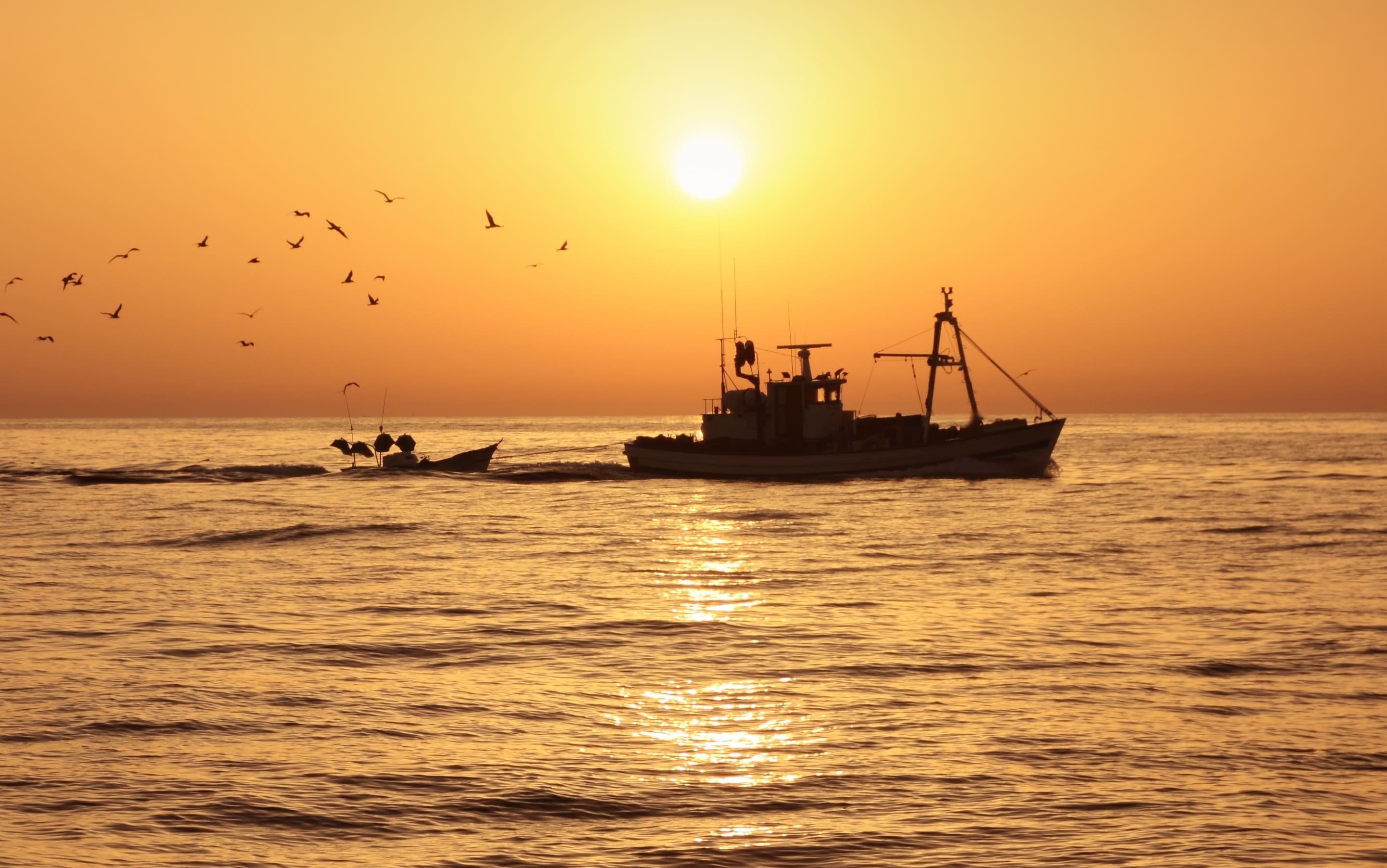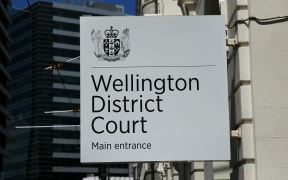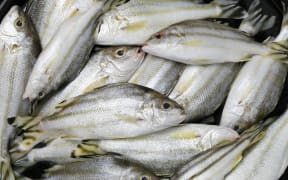The $1,086,673 fine imposed on a commercial fishing company from Napier, two of its subsidiaries, and its directors and a manager is believed to be the largest imposed on a New Zealand-based company.

Photo: tonobalaguer/123RF
Hawke's Bay Seafoods, Ocean Enterprises and Esplanade Number 3 - along with directors Nino and Joe D'Esposito and general manager Marcus D'Esposito - were sentenced this afternoon in the Wellington District Court.
They had earlier pleaded guilty to 131 charges laid by the Ministry for Primary Industries relating to their under-reporting of how much bluenose they caught between 2012 and 2014.
The ministry became aware of their offending when the records of quantities of fish caught by Hawke's Bay Seafoods did not tally with the larger amount it exported overseas.
In total the six defendants under-reported the catch of 27 tonnes of bluenose linked to export consignments to Australia between 2012 and 2014.
Judge Bill Hastings said the defendants received several advantages from their offending.
"On the basis of the states and prices of bluenose sold over the offending period, the value of bluenose misreported and sold is calculated to be $253,404.62.
"Esplanade had limited annual catch entitlement in respect of bluenose 2 and 3 and as a result avoided [fisheries penalties] for the under-reported bluenose 2 and 3.
"Taking into account the annual catch entitlement held by the Hawke's Bay Seafoods group, the deemed value of bluenose 2 and 3 and the agreed discrepancy of 27 tonnes of bluenose between landings and sales for each of the charged export events, Esplanade's total deemed value liability, which was avoided by the under-reporting, is $218,000.00"
Judge Hastings said misreporting of how much is caught has consequences and gives those misreporting a commercial advantage over those filing correct catch reports.
He said it might also affect the accuracy of assessment of this country's fish stock.
"If fish management decisions are based on inaccurate information, fish stock could be over-fished diminishing potential long-term benefits to New Zealand and the fishing industry, or fish stock limits could be unnecessarily restricted relating in lost fishing opportunities.
"New Zealand's quota management system places trust in participants to make accurate reports. Misreporting adversely affects the operation and reputation of New Zealand's quota management system."
The MPI investigation cost almost $2.5m and while the fines do not quite equal that, the ministry's national compliance manager for fisheries, Steve Ham, said it was still a great result.

Steve Ham Photo: RNZ / Anne Marie May
He said the D'Espositos' offending had an effect on New Zealand's international reputation for fisheries management, which is often held up as the best in the world.
It was not their first breach of the Fisheries Act.
In 1991 Nino and Joe D'Esposito and their companies, Harbour Inn Seafood Export Limited and Harbour City Seafoods Limited were fined close to $1m for mis-reporting fish landings, including almost 600 tonnes of orange roughy.
Mr Ham said they will come under closer scrutiny in future and he has a simple message for other fishers tempted to break the rules.
"Any time you get under-reporting or misreporting it affects the science; it affects the reliability of data used to set the stock limits.
"So what's really important here, and the point we really want to get across, is that for all commercial industry, it's a privilege to be fishing in this fishery and there's a real undertaking the government sets on those fishers to do that, to report accurately and truthfully."
The D'Espositos will also pay just over $400,000 in redemption fees for the return of four fishing vessels used in their offending.
Mr Ham said it was not uncommon for that happen and he referred to Judge Hastings' sentencing judgement.
"The Judge made it quite clear he took into account impacts of local employment and regional economic development for the local community and it's not uncommon and there is a mechanism under the Act for that to happen."
Mr Ham said there is no mechanism under the fisheries legislation to put the D'Espositos out of business, but the level of fines will leave them with a commercial decision as to whether they stay in the industry.
The D'Espositos did not attend the sentencing hearing.



